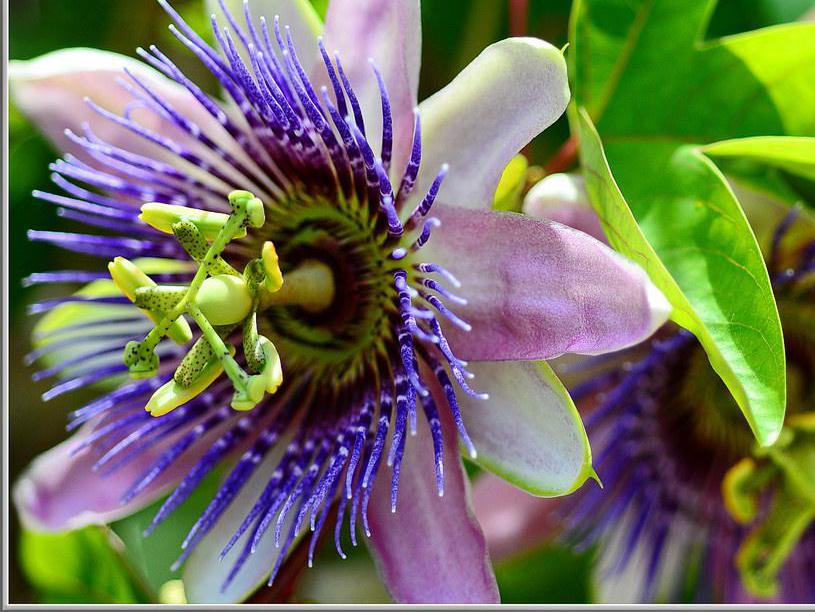At WiseGEEK, we're committed to delivering accurate, trustworthy information. Our expert-authored content is rigorously fact-checked and sourced from credible authorities. Discover how we uphold the highest standards in providing you with reliable knowledge.
What Is Passion Flower Tea?
Passion flower tea is a herbal remedy for various ailments that is based on extracts from the Passionflower vine, Passiflora incarnata, that is native to tropical regions of Central America. It has been used since the era of the Aztec and Maya civilizations of the region in the 14th to 16th centuries, and was named by the Spanish conquistadors who conquered the region in the early 1500s. The leaves and flowers of the passion flower tend to have a sedative effect on people, so it has been an ingredient in folk remedies and homemade treatments for insomnia and anxiety, as well as for a flavoring in various types of foods and drinks.
While passion flower tea and related mixtures of the plant were officially approved for sale in the US as a sleep aid and sedative until 1978, after which its effects were questioned and it was removed, it is still widely sold in the UK and other European nations. In Germany, the herbal remedy is considered to be a tranquilizer, and, aside from its use to treat anxiety, it is also taken to alleviate gastrointestinal problems, menstrual cramps, and some heart conditions like tachycardia. Some medical practitioners also recommend it to alleviate symptoms of attention-deficit/hyperactive disorder (ADHD).

The leaves and flowers of the plant can be prepared either fresh or dried and still retain their potency. While passion flower tea may be named after the plant, it also usually contains other related herbal ingredients. Valerian, or Valeriana officinalis, is another sedative-inducing plant that has been used since ancient times, and grows in Europe and Asia where it is often used to increase the benefits of passion flower tea. The German Commission E, a collection of official herbal medicine documents, standardizes passion flower tea as having 40% valerian root, 30% lemon balm, and 30% passion flower. If the remedy is being prepared for children, however, the valerian root is substituted with a milder 30% of lavender and 10% of the St. John's wort natural calming agent.

Though the use of the plant has not shown any significant side effects in those taking it in moderation as of 2002, it is not recommended that it be ingested in large quantities or in combination with alcohol. In part, this is due to the fact that medical science has not yet definitively identified what compounds in passion flower tea actually cause sedative effects. Other cautions include not ingesting it with prescription medications and that pregnant or lactating women refrain from its use entirely. Dried dosage levels for the plant are recommended by European authorities to be 0.5 to 2 grams per day (0.02 ounces to 0.07 ounces) or 2.5 grams (0.09 ounces) of the plant, which equals about a teaspoon of the plant infused into passion flower tea.
AS FEATURED ON:
AS FEATURED ON:












Discuss this Article
Post your comments